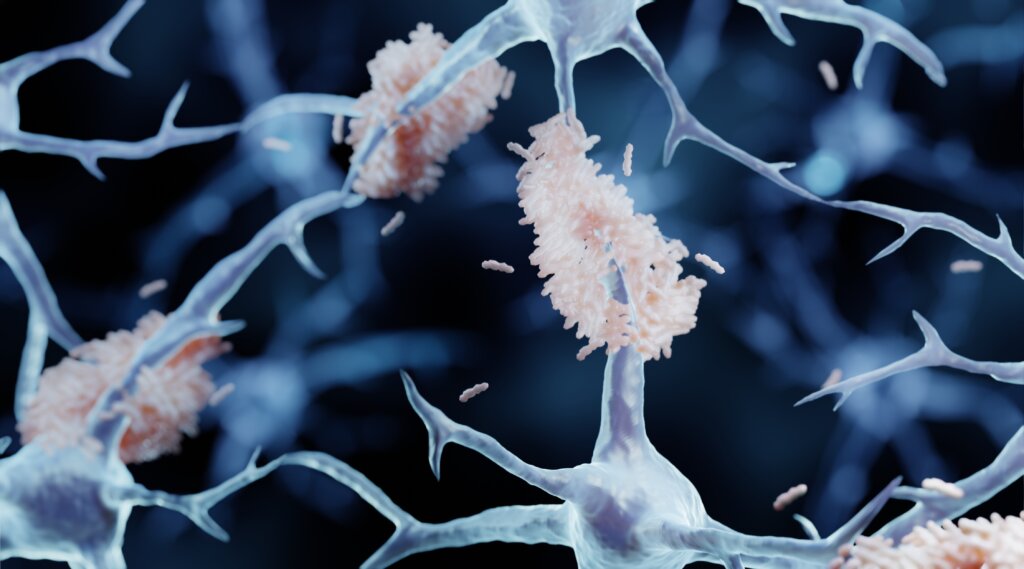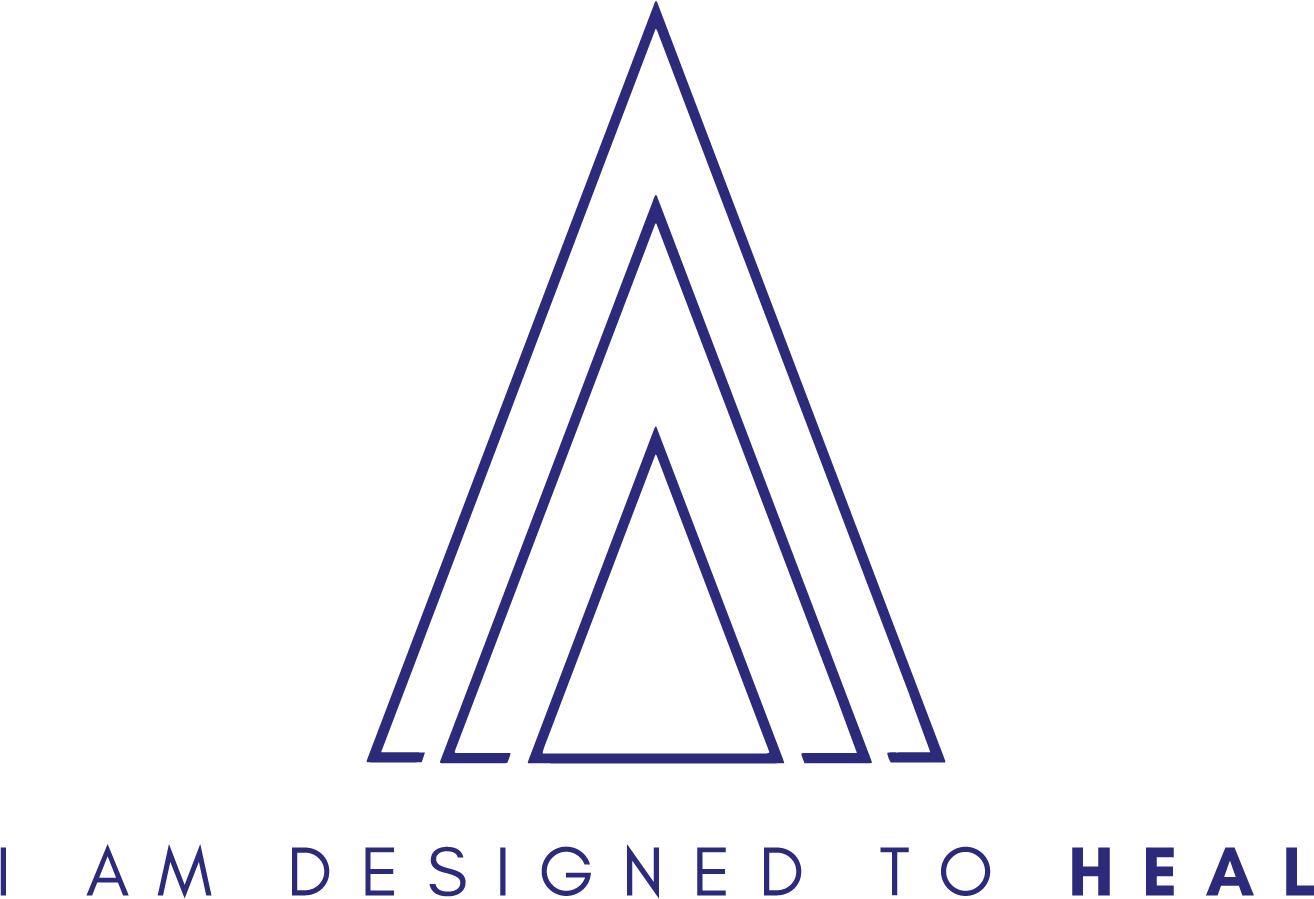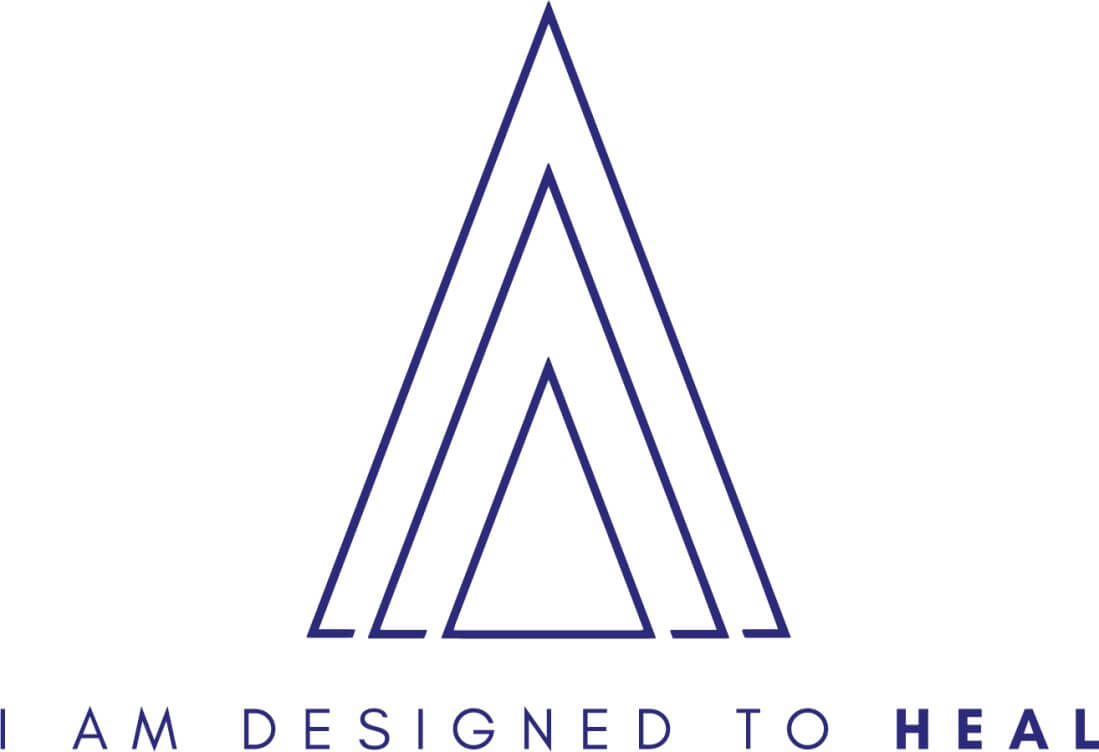
10 Jul Uncovering the Remarkable Connection: Acupuncture’s Impact on Alzheimer’s Disease
Forgetting can be more than a minor inconvenience, especially for Americans 65 and older.
Perhaps you have witnessed firsthand the struggles of a parent or a friend who isn’t just forgetting car keys or random items at the grocery store but also important details like a friend’s name, frequently misplacing things, or even forgetting how to perform once-familiar tasks like making a cup of coffee.
In Florida alone, Alzheimer’s disease is projected to increase by a staggering 24.1% by 2025, highlighting the pressing need for effective treatments.[1]
Unfortunately, due to the intricate nature of the human brain, Alzheimer’s remains a challenging condition to address.
How does Alzheimer’s affect the brain?
Alzheimer’s can begin before there are symptoms.
According to the Alzheimer’s Association, “An asymptomatic individual may have biological changes of Alzheimer’s in their brain but no cognitive symptoms. Hallmarks of Alzheimer’s, such as amyloid buildup, may be present up to 20 years before someone exhibits changes in memory, thinking, or behavior.”[2]
Scientists believe Alzheimer’s disease interferes with the normal functioning of cells, primarily due to the formation of abnormal developments called plaque and tangles.
- Plaques, known as beta-amyloid (BAY-tuh AM-uh-loyd), are accumulations of protein fragments that deposit in the gaps between nerve cells.
- Tangles, composed of a protein called tau (rhymes with “wow”), are twisted fibers that accumulate within cells.

Scientists do not fully understand the precise function of plaques and tangles in Alzheimer’s disease.
However, experts widely believe these abnormal protein formations play a significant role in impeding communication between nerve cells and disrupting vital cellular processes necessary for cell survival.
While current treatments offer limited symptomatic relief, finding a cure or effective means to slow down the progression of the disease remains a significant challenge.
Consequently, researchers are actively investigating alternative therapies, among which acupuncture has emerged as an unexpected contender.
What is Acupuncture?
Acupuncture is an integral part of traditional Chinese medicine, dating back over 2,500 years. The practice involves inserting thin needles into specific points on the body to stimulate energy flow along meridians.
According to traditional Chinese medicine, disruptions in this energy flow can lead to various health conditions. Acupuncture aims to restore balance and promote overall well-being.
“As an important therapeutic technique in traditional Chinese medicine, acupuncture has been proved effective in treating many neurologic diseases including AD. The efficacy of acupuncture is also acknowledged by the National Institutes of Health of the United States.”[3]
The Link Between Acupuncture and Alzheimer’s

Acupuncture treatments may provide multifaceted benefits that address several factors associated with the disease like the following:
- Enhancing Neuroplasticity: Neuroplasticity refers to the brain’s ability to reorganize itself by forming new neural connections.[4]
- Enhancing Blood Flow: Proper blood flow is crucial for delivering oxygen and nutrients to the brain.
- Reducing Stress and Anxiety: Acupuncture has been shown to stimulate the release of endorphins and serotonin, promoting relaxation and reducing stress levels.
- Improving Sleep Quality: Restorative sleep is crucial for cognitive function and overall well-being, and acupuncture may offer a complementary approach to managing sleep-related issues in Alzheimer’s patients.
How Does Acu-healing Help?
At I Am Designed to Heal, Dr. Alik’s signature Acu-Healing treatments consist of acupuncture, meridian massage, meditation, and energy healing.
These treatment options offer a range of benefits not exclusive to Alzheimer’s.
Acu-Healing has a cumulative effect, meaning that the benefits of each session build on the previous ones. A study titled Acupuncture for the prevention of episodic migraine conducted in 2016 stated, “…the effect of true acupuncture was still present after six months.”[5]
The emerging link between acupuncture and Alzheimer’s disease is a promising development in pursuing effective treatments for this disease.
As the field of Alzheimer’s research continues to evolve, exploring alternative therapies like acupuncture offers hope for individuals affected by this debilitating disease and their families.
How do you book an appointment with Dr. Alik?
Schedule online or call 239.322.3817 to book your free initial consultation with Dr. Alik Minikhanov, DACM, AP.
Taking care of yourself early will only provide a lifetime of benefits. It’s never too late to begin.
We cannot wait to help you simply feel better!
[1] 2023 Alzheimer’s disease facts and figures. Alzheimers Dement. 2023 Apr;19(4):1598-1695. doi: 10.1002/alz.13016. Epub 2023 Mar 14. PMID: 36918389
[2] (n.d.). What is Alzheimer’s Disease? Alzheimer’s Association. https://www.alz.org/alzheimers-dementia/what-is-alzheimers
[3] Yin W, Lv G, Li C, Sun J. Acupuncture therapy for Alzheimer’s disease: The effectiveness and potential mechanisms. Anat Rec (Hoboken). 2021 Nov;304(11):2397-2411. doi: 10.1002/ar.24780. Epub 2021 Oct 8. PMID: 34623030.
[4] Koch G, Spampinato D. Alzheimer disease and neuroplasticity. Handb Clin Neurol. 2022;184:473-479. doi: 10.1016/B978-0-12-819410-2.00027-8. PMID: 35034755.
[5] Linde K, Allais G, Brinkhaus B, Fei Y, Mehring M, Vertosick EA, Vickers A, White AR. Acupuncture for the prevention of episodic migraine. Cochrane Database Syst Rev. 2016 Jun 28;2016(6):CD001218. doi: 10.1002/14651858.CD001218.pub3. PMID: 27351677; PMCID: PMC4977344.


